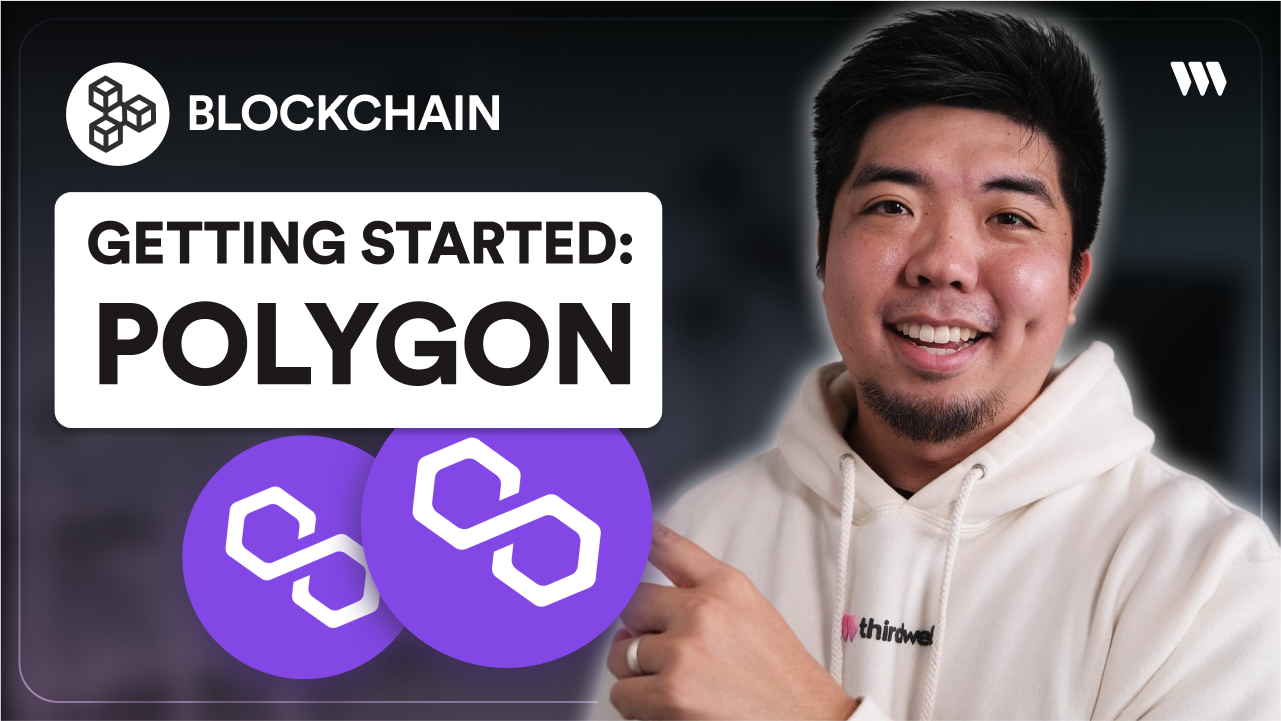What is Polygon? Bridging the Gap for Ethereum Scalability

Polygon is a leading blockchain platform aiming to scale Ethereum and make it accessible for mainstream adoption. Ethereum, while revolutionary, faces challenges in terms of transaction speed and fees, limiting its potential for certain use cases like on-chain gaming, social applications, and even some DeFi applications.
To address these scalability issues, Polygon was created as a Layer 2 solution to process transactions off-chain and reduce the load on Ethereum. At the same time, it functions as a sidechain, maintaining its own blockchain network that interoperates with Ethereum. This hybrid approach allows Polygon to offer faster and cheaper transactions while leveraging Ethereum's security and ecosystem.
One of Polygon's key initiatives is the Aggregated "Agg" layer, designed to mitigate the fragmentation issue among Layer 2 solutions. Currently, users need to go through the cumbersome process of bridging funds to each individual L2 chain. The AggLayer sits between Ethereum and these L2s, enabling seamless cross-chain transactions. This means when a new L2 opts into the AggLayer, it immediately gains access to the liquidity and user base of all other participating L2s.
For example, major Polygon chains like Polygon Proof-of-Stake (PoS) and Polygon Zero-Knowledge Ethereum Virtual Machine (zkEVM) will be part of the AggLayer. Chains like Astar zkEVM are also among the first non-Polygon chains to opt in. As more chains join, it creates a powerful network effect, eliminating the need for each new L2 to bootstrap its own ecosystem from scratch.
Polygon Chains for Different Use Cases
Within the Polygon ecosystem, there are multiple chains optimized for different use cases and priorities:
- Polygon PoS: Prioritizes scalability and high throughput, making it suitable for applications like gaming and social media that require handling a large volume of transactions.
- Polygon zkEVM: Focuses on maximizing security by storing all transaction data directly on Ethereum and using zero-knowledge proofs for verification. This makes it ideal for DeFi applications where security is paramount.
- Polygon Miden: Explores unique use cases beyond the EVM, such as privacy-focused applications that provide confidentiality for user transactions.
Developers can also create their own customized chains using Polygon's Chain Development Kit (CDK) if none of the existing standalone chains fit their specific needs.
Discovering Polygon Ecosystem Applications
To help users discover the variety of applications and products built on Polygon, there is the Polygon Ecosystem Explorer. It allows filtering by application type and chain.
For developers, the Solution Provider Network (SPN) is a valuable resource to find developer tools and services available for each Polygon network. Developers can filter by the type of tool they need (e.g., oracles) and the specific chain they are building on (e.g., zkEVM or PoS). The SPN will provide relevant options, such as Chainlink, for the selected criteria.
Notable Polygon Application: PolyMarket
One notable application built on Polygon is PolyMarket, a prediction market platform that has gained significant attention. It allows users to bet on the outcomes of various events, with rewards dynamically adjusting based on the predictions.
Polygon Community Grants Program
To further support the growth of its ecosystem, Polygon recently launched a Community Grants Program, allocating 1 billion Polygon (MATIC) tokens over ten years.
The first season, currently underway, focuses on consumer crypto applications and general grants, with 35 million MATIC tokens available. Developers building on Polygon or interested in doing so should explore this grants program and engage with the Polygon team.
Getting Started with Polygon Development
For developers looking to build on Polygon, the official documentation is a great starting point, providing guides on setting up and configuring applications for different Polygon chains.
Additionally, using development platforms like thirdweb can greatly simplify the process. thirdweb supports all Polygon networks out of the box, including testnets and custom CDK chains. Once developers have determined which Polygon chain best suits their needs, they can use thirdweb to deploy their application seamlessly.
The Future of Polygon and Ethereum Scalability
As Polygon continues to innovate and expand its ecosystem, it is well-positioned to play a crucial role in making Ethereum and blockchain technology accessible to a wider audience. With its multi-faceted approach to scalability and a growing suite of developer tools and resources, Polygon is paving the way for the next generation of decentralized applications.
The recent launch of Polygon's Community Grants Program is a testament to their commitment to fostering growth within the ecosystem. By allocating 1 billion MATIC tokens over ten years, with the first season offering 35 million MATIC, Polygon is actively encouraging developers to build on their platform.
Building apps and games on Polygon
Polygon scales Ethereum with fast, low-cost transactions, making it ideal for DeFi, gaming, and social apps. Its AggLayer simplifies cross-chain interactions, while tools like the Chain Development Kit and Community Grants Program support developers.
thirdweb's full-stack web3 development kit makes it easy to build on P:
✦ Frontend: Client-side SDKs to connect users to web3
✦ Backend: Scalable contract APIs backed by secure wallets
✦ Onchain: Pre-built & extendable contracts

